This book is fiction.
While this stories, locations and roads exist, the characters, dialog, descriptions and experiences are fiction and products of the authors imagination. Any resemblance to any real person, living or dead, or any real event or circumstance is strictly coincidental. Inclusion of the names of businesses, organizations or government offices in the story does not constitute endorsement by their officers or employees. Any reference to manufacturers or products does not constitute endorsement by or for the manufacturer or product.
Copyright T. J. Haynes, 2010
All rights reserved. No part of this book may be reproduced in any form or by any electronic or mechanical means, including information storage and retrieval systems, without written permission from the publisher. Reviewers may quote brief passages to be printed in a magazine, newspaper or online.
P.O. Box 781529, San Antonio, Texas 78278
ACKNOWLEDGEMENTS
Special thanks to editor Karl Monger of Austin, Texas. He is a true professional who worked tirelessly and skillfully in support of this project.
Thanks also to Wanda Haynes, Norma Jean Lehr, William Tunnel Rat Haynes and Terry Hawger Smith for their manuscript review, valued insight and recommendations.
In Memory of William Bill Gowin a true warrior, friend and family man.

Introduction

I was having a beer with my wife, Dakota, and some friends when a short, burly, mean-looking guy stopped at our table, pulled up a chair and motioned as if intending to join us. He had a big Bowie knife on his side, a sleeveless shirt, tattoo-covered arms, messy hair and a scraggly beard. We were in Sturgis, South Dakota attending the annual motorcycle rally, so his appearance was less shocking than it would have been in most places. However, even in Sturgis you dont sit at someone elses table uninvited.
You guys look like RUBs. Can ya help me? he asked as he sat down.
RUB is an acronym for Rich Urban Biker. It is meant to identify a class of riders who take their bikes out on weekends, if they have time.
How can we help you? I asked.
He reached in his pocket. I got a message on this phone, and I cant figure out how to get it. I figured you guys know about this stuff, right?
We helped him retrieve his message and showed him how to work the phone, then went on to have an interesting conversation about riding. When he got up to leave, he said, Thanks for the help. Then he added, And thanks for talkin ta me.
I looked over at Dakota and could tell by her smile that she was thinking the same thing I was. He reminded us both of a biker we knew and missed, just a more modern version. Everything changes in time.
When we first met Big Lou back in 1995, he didnt have a telephone or a television. It wasnt that he didnt appreciate their convenience or potential or had anything against them, he just didnt think he needed such things cluttering up his life. He preferred to stay connected to other people naturally. He loved nature, but what he loved most was the freedom of riding. He understood both things better than anyone I have ever met.
He once told me, Ya can learn more about life in one day ridin a motorcycle than a lifetime a listenin ta fancy talkers or starin at a computer. I knew he was right, but didnt grasp the full depth of what he meant until I wrote this story about his life.
When I first began organizing the notes of our conversations I discovered everything he told me was connected to times and circumstances for which I had no reference. So I researched the world around him when he was making his way to becoming the man I met. To tell the whole story, I had to begin before he was born, with his father and mother, Roy and Louise Stone, and their friends, Joseph and Wilma Whitehorse. It explains his early life as well as his unbreakable bond with his friend, Michael Whitehorse.
The changes in the motorcycle world he witnessed or heard his father talk about influenced what he would become, as did war, the bonds of friendship, personal mistakes, public opinion, love and heartbreak. All were shaped by times and circumstances he could not control. Yet he found a way to keep his focus on the road ahead and twist his own throttle. In the process he stayed upright and negotiated every curve life threw at him. Despite his own hard ride, or maybe because of it, he always stopped to help others, even self-absorbed, insulting young riders like I was. Every time Dakota and I look at our children, we thank God for sending Big Lou our way.
His ride through life was unbelievable, and we are forever grateful he took time to stop and help us find the right road.
Josh Captain Dery

Prologue

The Foundation
Roy Stone strapped on a kidney belt and mounted his motorcycle. He put his foot on the kick-start pedal and jumped three times, bringing his full weight on the lever each time. On the third try his 1946 knucklehead sputtered slightly then came to life. The ease with which it did so was a sure sign that he had properly adjusted the timing, and that made him smile. His girlfriend, Louise, wasnt smiling though; she was fighting back tears. This was not the first time the man she loved had left her. As a teenager, she had stood at the train station to watch him go to war. When he returned four years later, they renewed their relationship, but he had changed.
He had learned to ride motorcycles at Fort Knox, Kentucky prior to shipping out to the Pacific Theater with his Armored Division. But instead of being assigned as a motorcycle dispatch messenger, he was transferred to the infantry. He didnt ride again until he was discharged. Louise was surprised, and a little upset, when he didnt write for several weeks prior to his return to his hometown of San Antonio, Texas. Instead, he simply showed up unannounced riding a motorcycle, without regard for the fanfare she had planned for his arrival.
In the months since his return from the war he seemed restless to a point that in her opinion bordered on recklessness. Her parents and friends had even begun hinting she could do better. Like many World War II veterans Roy had returned to his hometown to find his life there lacked the excitement of his war experience, so he improvised by creating his own adventures.
It wasnt just the war. He had been raised by an adventurous family. His fathers ancestors had come to this country from England just prior to the Revolutionary War and began moving west. Each generation would settle in an area, and then the next generation would move on farther west. His grandfather was the first to move to Texas. His own father had run away from their north Texas home and moved south. Roy himself had left their home in Blanco, Texas after completing the eighth grade to make his own way in San Antonio. He was doing fine until the war broke out and he was drafted. Now that he was home again, it was his intention to prove once again that he could make it on his own.

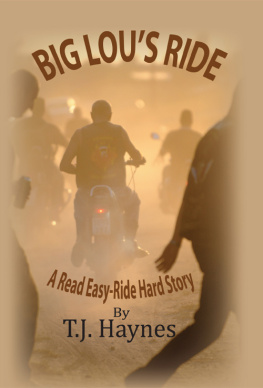
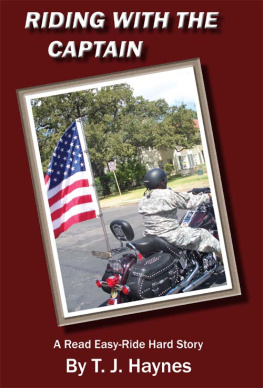
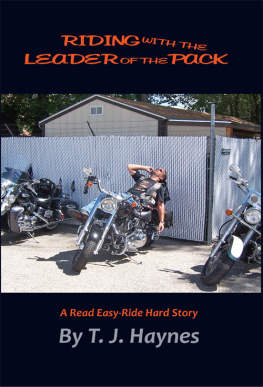
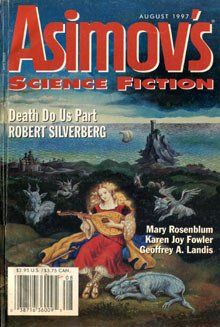
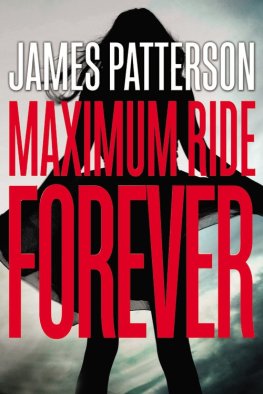

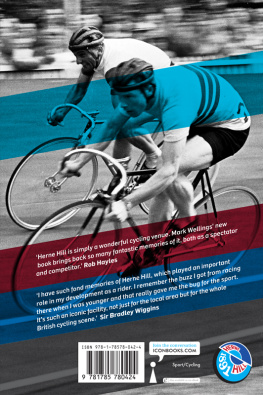
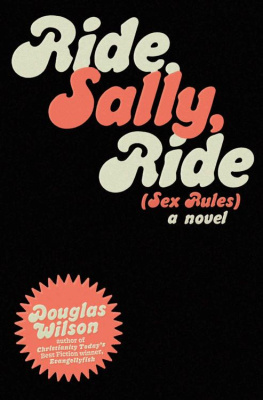
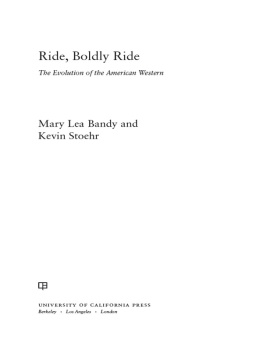
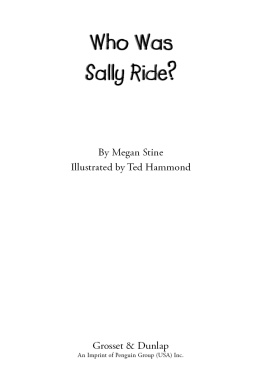

 Introduction
Introduction 